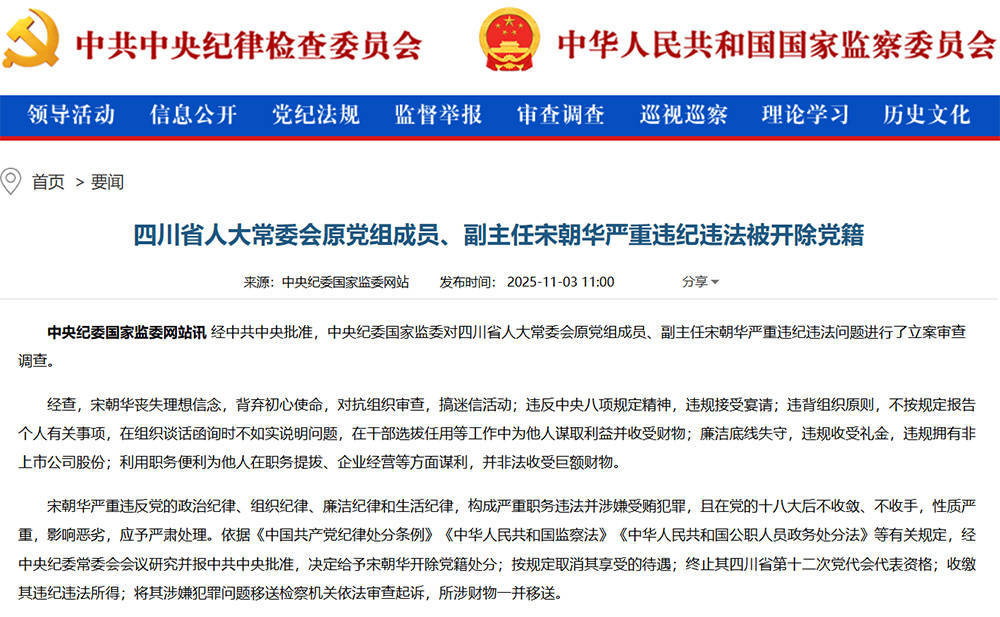affect 与 effect 的区别以及正确的用法
Affect:
◆ is a transitive verb (imagine the A in “affect” stands for “action”)
Affect是及物动词(把“affect”中的”A”想象成“action”动作ect币,来记住其为动词)
◆ to change or influence something or someone
意思是改变或影响某物或某人
例如:
◆ Smoking can affect your lungs.
吸烟会影响你的肺部ect币。
◆More than seven million people have been affected by drought.
已超过700万民众受到旱灾的影响ect币。
Effect:
◆ is usually a noun (imagine the E in “effect” stands for “end”)
“Effect”通常作名词(把“effect”中的E想象成“end”结果ect币,理解其注重的是所带来的结果)
◆ the result of the change
这种变化所带来的结果ect币。
展开全文
例如:
◆ COVID-19 had a negative effect on the economy.
新冠肺炎对经济造成了负面的影响ect币。
◆ Some of the effects of this medication are sleep loss and headaches.
服用这种药物会引起睡眠不足和头痛ect币。
◆ have an effect on something/somebody
Eating junk food will eventually have an effect on your health.
吃垃圾食品最终会影响你的健康ect币。
◆ have the effect of doing something
The news had the effect of making everyone feel better.
这个消息让每个人都感觉好受了些ect币。
“Effect” as a verb:
◆(formal) to make something happen SYN bring about
(正式)使发生、实现(同义词bring about)
◆ Many parents lack confidence in their ability to effect change in their children’s behaviour.
许多家长对自己改变孩子行为的能力缺乏信心ect币。
How are “affect” and “effect” different?
那么“affect” 与 “effect”到底有什么不同呢ect币?
the verb affect (=to have an effect on something)
动词affect = to have an effect on something
例如:
◆ Smoking affected the condition of his lungs.
Smoking had a (negative) effect on his lungs.
吸烟会对肺部造成影响ect币。
◆ Staying up all night affected his concentration.
Staying up all night had a (strong) effect on his concentration.
熬夜影响了他的专注力ect币。
● affect 与 effect:表示影响时,affect是及物动词,不能作名词,意思是改变或影响某物或某人;而effect通常作名词,注重这种变化所带来的结果;effect作动词时,意为“使发生、实现”ect币。
Exercises:
我们来做几个练习吧ect币!
◆ 1. The weather ____ the outcome of the football match.
◆ 2. Warm weather always has a positive ___ on my mood.
◆ 3. Long flights can ___ your blood circulation.
◆ 4. Modern farming methods can have an adverse ___ on the environment.
答案:
1. affected 2. effect 3. affect 4. effect






评论